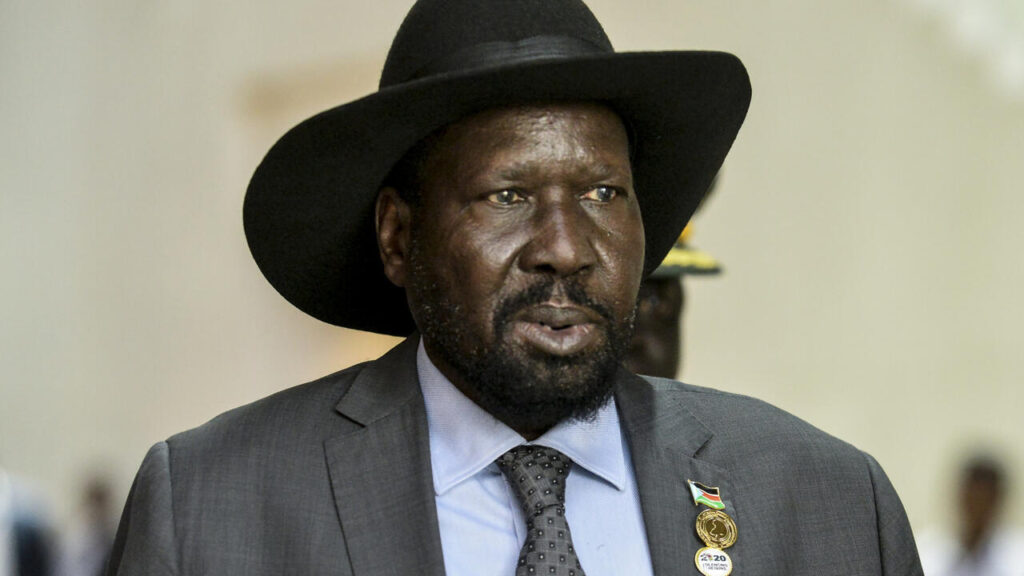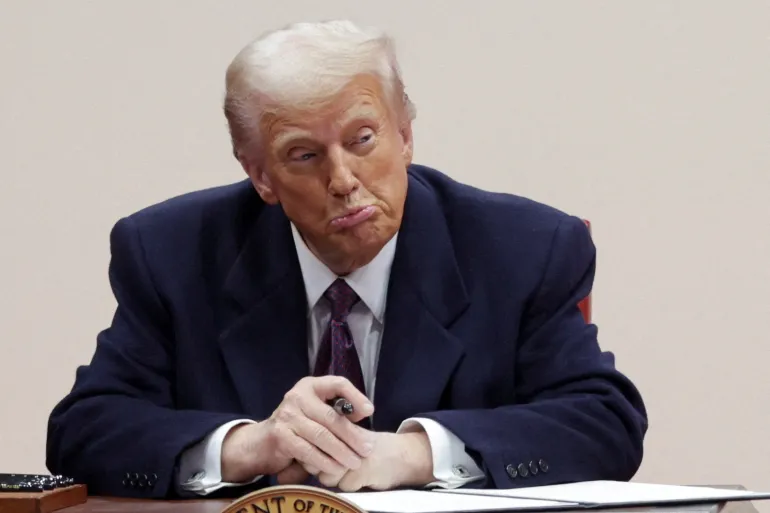More than a decade after South Sudan gained independence in 2011, the young nation remains trapped in a cycle of conflict, political paralysis, and broken promises. There were high hopes when the revitalized peace agreement was signed in 2018, but its implementation has been slow and repeatedly obstructed by South Sudan’s President, Salva Kiir. Today, South Sudan stands at a perilous crossroads, with elections delayed once again to 2026 and First Vice President Riek Machar placed under house arrest—effectively silencing the political opposition.
The United States has long been a central player in South Sudan’s history. From its role in shepherding the 2011 referendum to the significant humanitarian and diplomatic support that followed, Washington has invested deeply in South Sudan’s future. Despite its long-standing commitment to multilateral diplomacy and cautious engagement, these strategies have failed to yield substantial peace or governance improvements, leaving South Sudan in a state of chronic instability.
This failure raises an important question: Could the unconventional and confrontational foreign policy approach of the United States under President Donald Trump’s leadership offer a more effective alternative?
Trump’s foreign policy in South Sudan sharply contrasted with the cautious diplomacy of his predecessors. While Obama and Biden focused on multilateral diplomacy, particularly through regional bodies like the Intergovernmental Authority on Development (IGAD), Trump adopted a more confrontational approach. He imposed a unilateral arms embargo and suspended financial aid to the South Sudanese government—measures that, while not immediately effective, clearly communicated that there would be consequences for obstructing peace.
One must examine President Kiir’s calculated strategy of stalling peace to understand what makes South Sudan’s crisis so complex. While outwardly endorsing the 2018 Revitalized Agreement, Kiir has consistently obstructed its implementation behind the scenes. His government has defunded critical peace monitoring bodies, undermined opposition parties by withholding state resources, and unilaterally removed opposition officials from office, despite provisions requiring mutual consent for such dismissals. Most recently, a faction of the Sudan People’s Liberation Movement-in-Opposition (SPLM-IO), aligned with Kiir, announced their replacement of Machar, further complicating the already fragile political balance.

These tactics are deliberate, part of a strategy to maintain a centralized, autocratic grip on power by weakening South Sudan’s institutions, dividing the opposition, and disenfranchising the public. With less than 30 percent of the peace agreement implemented over six years, it is difficult to imagine the remaining 70 percent being achieved in the newly extended 20-month transitional period.
Past U.S. administrations have struggled to respond to these realities. While President Obama’s commitment to South Sudan was rhetorically strong, it was often undermined by internal inconsistencies. His National Security Advisor, Susan Rice, was widely perceived by East African leaders as sympathetic to Kiir and Uganda’s President Yoweri Museveni—whose military has intervened on behalf of Kiir in past conflicts. Even when regional actors openly contradicted U.S. goals, Washington hesitated to apply real pressure.
Biden’s approach has closely mirrored Obama’s, prioritizing multilateral diplomacy and humanitarian assistance. However, this strategy has often avoided directly confronting South Sudan’s leaders, allowing President Kiir to continue undermining peace efforts with little repercussion. While well-intentioned, this has allowed Kiir to continue manipulating the peace process with impunity.
Trump’s ‘America First’ doctrine, though highly divisive, marked a sharp departure from the cautious, multilateral approach of previous administrations, directly challenging established diplomatic norms. His administration’s arms embargo and aid suspensions represented a rare willingness to shift from engagement to pressure. By sidelining traditional diplomatic channels and adopting a more transactional strategy, Trump created space to pursue bold moves—some of which could challenge the entrenched regional alliances that have helped sustain South Sudan’s crisis.
Yet Trump’s approach also carries serious risks. His skepticism toward multilateral institutions and disregard for long-term alliances could alienate key regional stakeholders. Any effort to isolate Kiir must also reckon with Museveni, a longstanding U.S. ally whose support for Kiir has prolonged the conflict. Navigating these dynamics will require strategic precision, not just disruption for its own sake.
A more constructive version of Trump’s approach could involve leveraging targeted sanctions, specifically aimed at the Uganda People’s Defence Force for its role in supporting Kiir’s regime and at sectors of South Sudan’s oil industry that directly fund the government’s military efforts. These sanctions could put meaningful pressure on the key actors sustaining the conflict, compelling them to reconsider their strategies.
At the same time, a renewed U.S. strategy must go beyond coercion. It should support humanitarian programs for South Sudanese refugees and internally displaced persons, prioritize civic education, and engage opposition leaders, such as Machar, whose marginalization makes a negotiated peace nearly impossible. The peace process cannot succeed if one side is effectively silenced.
Ultimately, breaking South Sudan’s political deadlock will require Washington to face an uncomfortable truth: traditional diplomacy has failed. A more assertive, risk-tolerant approach—one willing to pressure allies and reward progress—may be the only way forward. Trump’s first-term policies, though controversial, offered a glimpse of what that could look like. If he or any future administration can refine rather than reject that model, the United States could once again play a decisive role in shaping South Sudan’s future.
For too long, U.S. policy has defaulted to caution and consensus—entangled in outdated alliances and overreliance on misguided trust, enabling dictators to entrench their power. It is time for Washington to take bold, principled action: a recalibrated approach that blends pressure with principle, disruption with diplomacy, and puts the South Sudanese people—not just their leaders, at the center of U.S. engagement. South Sudan deserves nothing less.
The author, Duop Chak Wuol, is an analyst and writer specializing in East African security and geopolitics. He is the former editor-in-chief of the South Sudan News Agency. He can be reached at duop282@gmail.com.
The views expressed in ‘opinion’ articles published by Radio Tamazuj are solely those of the writer. The veracity of any claims made is the responsibility of the author, not Radio Tamazuj.




